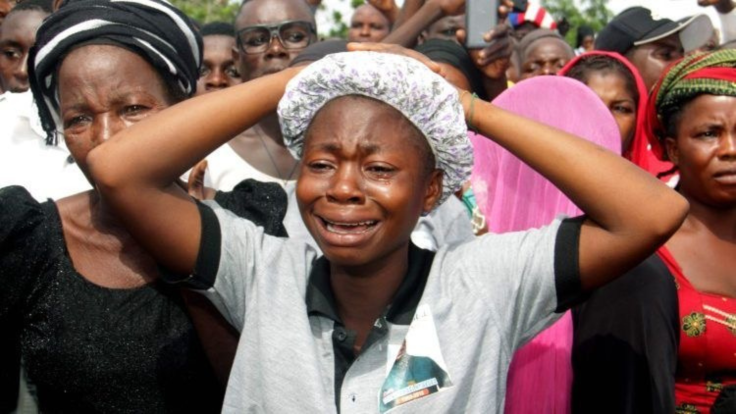Bill Maher Rips Hypocrisy Over Protests, Says Nigerian Christian Massacres Ignored While Gaza Gets Spotlight
The comedian and talk-show host compared the scale of Nigeria's Christian persecution to Gaza, urging global outrage over the violence.

Bill Maher sparked controversy on HBO's Real Time after questioning why global attention is fixed on Gaza while what he called the 'slaughter of Christians in Nigeria' is largely ignored.
In a moment of raw candour, the comedian accused international media and activists of showing 'selective outrage', overlooking a crisis that has reportedly claimed more than 100,000 lives, razed thousands of churches and forced millions from their homes.
Maher went further, alleging the lack of coverage stems from the fact that 'the Jews aren't involved', a remark that immediately ignited fierce debate online and among commentators. His intervention has added fuel to long-running concerns about whether some humanitarian disasters receive disproportionate coverage compared to others.
Maher Calls Out the 'Bubble' of Selective Outrage
On Friday's broadcast, Maher cut through the usual political chatter to highlight the overlooked crisis. 'They are systematically targeting Christians in Nigeria. This is far more of a genocide attempt than what is happening in Gaza,' he said.
The comedian went further, blasting young activists who take to the streets over Palestine but stay silent over Nigeria's bloodshed. 'Where are the kids protesting this? Where is the international outrage? You are in a bubble if you don't know what's happening in Nigeria,' Maher declared.
Rep. Nancy Mace, a guest on the show, echoed his sentiment, applauding him for bringing up what she called 'the elephant in the room'.
A Nation Under Siege
Nigeria's Christian communities, particularly in the country's eastern and central states, have faced relentless violence from extremist groups such as Boko Haram, ISWAP, and Fulani militias. According to human rights monitors, at least 19,100 churches have been attacked since 2009 — an average of three per day.
Priests have been among the most frequent victims. In just nine months this year, 15 Catholic priests were kidnapped, while many others were murdered in cold blood. The case of Father Matthew Eya, shot dead by gunmen in Enugu state this September, underscored the deliberate targeting of clergy.
The Catholic Bishops' Conference of Nigeria reports at least 145 priests kidnapped and 11 killed since 2015. NGOs, however, suggest the numbers are far higher, with over 250 clergy abducted.
Human Cost
The violence is not confined to churches or priests. Nearly 15 million people have been uprooted from their homes in Nigeria, forced to flee burning villages and devastated parishes. Open Doors, a global Christian charity, estimates more than 16 million Christians across sub-Saharan Africa have been displaced due to jihadist terror in the past decade.
The crisis has created what Nigerian bishop Mathew Hassan Kukah has called a 'criminal industrial complex'.
Kidnapping for ransom has become big business: between July 2023 and June 2024, hostage-takers demanded a staggering $32 million in ransoms for 7,568 abducted people, according to SBM Intelligence.
Why Maher's Intervention Matters
For Maher, the tragedy lies not only in the violence but in the silence. He accused major outlets of turning a blind eye because the Nigerian story does not fit the narratives that usually dominate Western headlines. 'If you don't know what's going on in Nigeria, your media sources suck,' Maher quipped.
The U.K. division of Open Doors warned that the persecution is 'potentially existential for the future peace and stability' of Nigeria and the wider region. Meanwhile, the White House confirmed it is working with the State Department on ways to curb the violence.
Whether Maher's outburst will spark wider awareness remains uncertain. But his bluntness has once again forced uncomfortable questions: why does one crisis receive wall-to-wall coverage while another — bloodier and longer-lasting — barely makes a ripple?
© Copyright IBTimes 2025. All rights reserved.





















